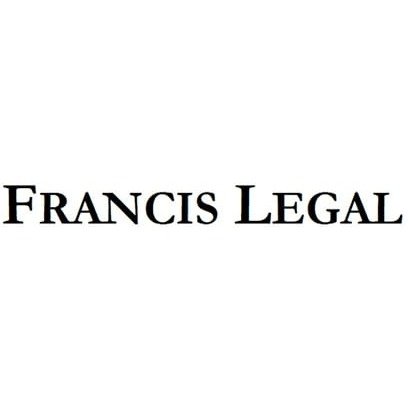Best Guardianship Lawyers in Hornsby
Share your needs with us, get contacted by law firms.
Free. Takes 2 min.
List of the best lawyers in Hornsby, Australia
About Guardianship Law in Hornsby, Australia
Guardianship law in Hornsby, located in New South Wales (NSW), Australia, enables the appointment of a trusted individual to take decisions on behalf of a person deemed incapable due to certain situations such as age, disability or illness. This is usually covered in the NSW Guardianship Act of 1987. A guardian can be empowered to make personal, health or financial decisions, but their authority is always under the scrutiny of the NSW Civil and Administrative Tribunal.
Why You May Need a Lawyer
The process of applying for guardianship, or challenging an existing one, can be complex and requires proper understanding of the law. If you wish to become a guardian to a loved one, or if you're facing a situation where you think a guardian isn’t acting in the best interests of a ward, legal assistance is highly recommended. Lawyers with expertise in this field can guide you through the legal intricacies, help in paperwork and represent you effectively in the court.
Local Laws Overview
The NSW Guardianship Act 1987 is the primary legislation that governs guardianship in Hornsby. This legislation ensures the rights of people who are not capable of making their own decisions are protected. It states that a guardian may be appointed if it's in the best interests of the person requiring a guardian. There's a strong emphasis on ensuring any appointments respect the person's freedom of decision and action as much as possible. Applications for guardianship are made to, and decided by, the NSW Civil and Administrative Tribunal.
Frequently Asked Questions
1. Who Can Be a Guardian?
A guardian must be at least 18 years old and should be someone who understands the responsibilities involved. They can be a family member, close friend, or a professional guardian.
2. How Long Does Guardianship Last?
Typically, a guardianship order lasts until the person turns 18. In the case of adults, the order may be for a specified period, or until further notice.
3. Can Guardianship Be Denied or Rejected?
Yes, the NSW Civil and Administrative Tribunal may refuse a guardianship order if it believes it's not in the best interests of the person in question.
4. What Are a Guardian's Duties?
A guardian should always act in the best interests of the person under guardianship. This may include decisions about care, lifestyle, consent to medical or dental treatment, and where the person lives.
5. Can a Guardianship Order Be Challenged?
Yes, if you believe the guardian isn't acting in the best interests of the person under guardianship, or there's a more suitable person who could be appointed, you can apply to the Tribunal to review the order.
Additional Resources
The website of the NSW Civil and Administrative Tribunal, and the NSW Ageing and Disability Commission provide valuable insights into guardianship laws and processes. Legal Aid NSW and Community Legal Centres are also available for legal advice.
Next Steps
First, try to understand your circumstances better and whether guardianship is the best course. Reach out to relevant local support groups and forums for advice. If you decide to pursue the legal route, consider seeking advice from a professional, ideally an expert in guardianship law, to guide you through the legal process. Remember, legal matters involving guardianship can be lengthy and complex, so professional help is often beneficial.
Lawzana helps you find the best lawyers and law firms in Hornsby through a curated and pre-screened list of qualified legal professionals. Our platform offers rankings and detailed profiles of attorneys and law firms, allowing you to compare based on practice areas, including Guardianship, experience, and client feedback.
Each profile includes a description of the firm's areas of practice, client reviews, team members and partners, year of establishment, spoken languages, office locations, contact information, social media presence, and any published articles or resources. Most firms on our platform speak English and are experienced in both local and international legal matters.
Get a quote from top-rated law firms in Hornsby, Australia — quickly, securely, and without unnecessary hassle.
Disclaimer:
The information provided on this page is for general informational purposes only and does not constitute legal advice. While we strive to ensure the accuracy and relevance of the content, legal information may change over time, and interpretations of the law can vary. You should always consult with a qualified legal professional for advice specific to your situation.
We disclaim all liability for actions taken or not taken based on the content of this page. If you believe any information is incorrect or outdated, please contact us, and we will review and update it where appropriate.










